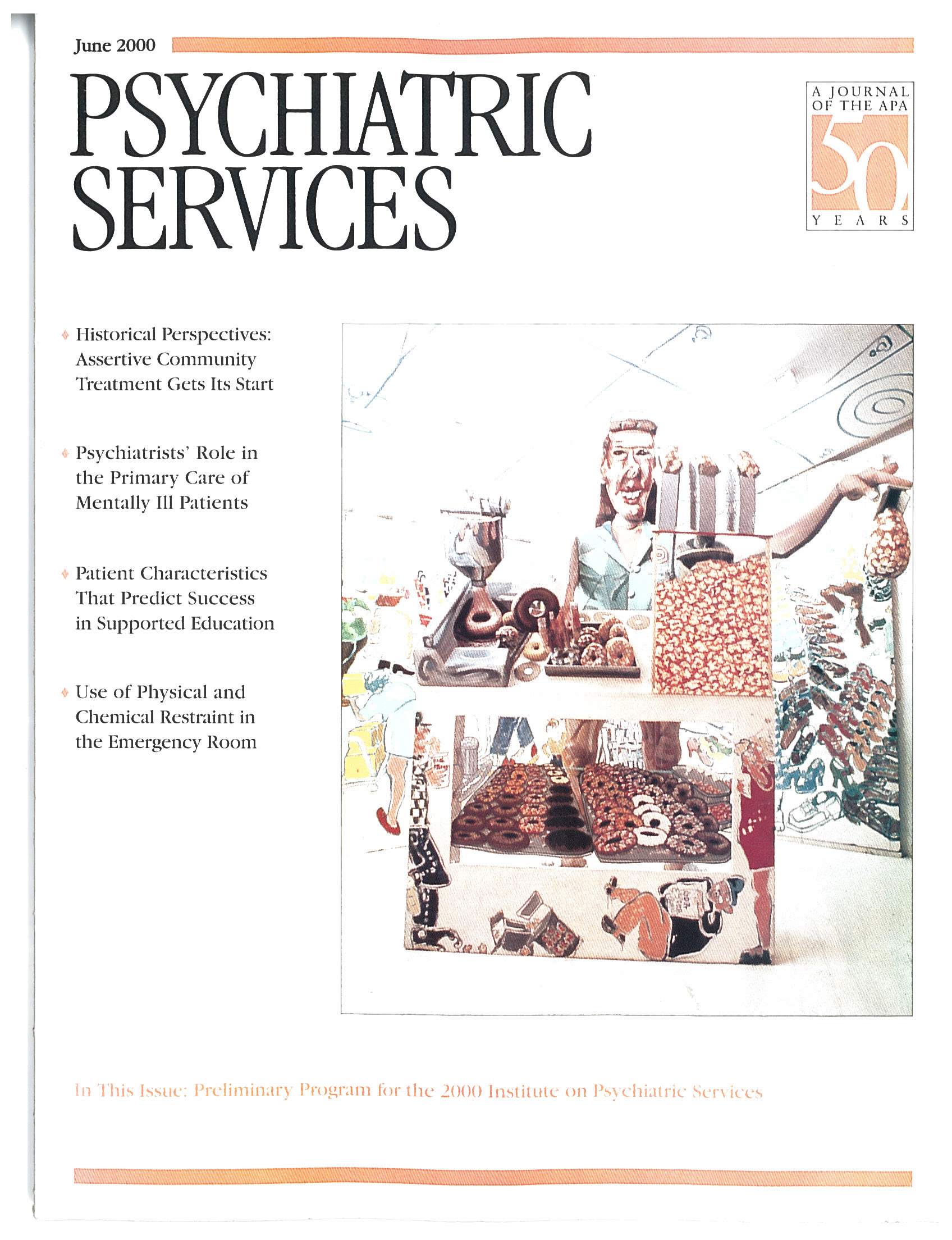Contributory Negligence
In Reply: Mr. Meek's letters raises two issues, one semantic and the second more substantive. To take them in turn, did the Illinois Supreme Court's willingness to accept that a patient's suicide might be an act of contributory negligence reflect "a profound misunderstanding of well-established law?" There was a time when the courts held that a plaintiff's negligence could not be considered contributory if it postdated the negligence of the defendant. The plaintiff's behavior would then have had to be considered under such rubrics as "intervening cause" or failure to avert "avoidable consequences." But modern tort law has shunned such distinctions as a distraction from the central issue of who should bear responsibility for an injury. Today, "the plaintiff's negligence may bar all recovery [i.e., be considered contributory], notwithstanding that it is subsequent in point of time to that of the defendant" (1).
The more substantive question is whether the action of a suicidal patient should ever be seen as relieving a defendant from liability for his or her own negligence. Traditionally, the law has answered in the affirmative, but only on the basis of a distinction that may be difficult for many mental health professionals to accept. "It is the prevailing view that when insanity prevents one from realizing the nature of one's act or controlling one's conduct, the suicide will be regarded as a direct result [of the defendant's negligence]…for which the defendant will be held liable.… But if one is sane or the suicide is during a lucid interval, when one is in full command of all faculties…the voluntary choice of suicide…[will supersede] the defendant's liability"(1).
The dichotomy posed here between a state of "insanity," in which one is presumed to have no knowledge of or control over one's acts, and a sane interval, in which one is in "full command of all faculties," is artificial and fails to recognize that most persons who commit suicide will fall somewhere in between.
It is not entirely clear whether this is the distinction on which the Illinois Supreme Court relied in ruling that Dr. Shin could argue to a jury that the patient was contributorily negligent in her death. However, I think Mr. Meek and I—and most courts—would agree on the unfairness of denying a plaintiff recovery of damages, if the psychiatrist's negligence (for example, the failure to diagnose or appropriately treat a depressive disorder) was the direct cause of the mental state that led the patient to decide to take her own life. Nonetheless, as I indicated in my column, there might be genuinely negligent actions taken by the patient, unforeseen and not caused by the psychiatrist, that could constitute contributory negligence (or, if Mr. Meek prefers, a break in the causal chain). Indeed, in Ms. Hobart's case, I think her negligence can most reasonably be understood as comprising her deliberate failure to contact her physicians when she first noticed her deterioration, rather than the suicidal act itself.
It seems fair that Dr. Shin should have the right to make this argument to a jury, rather than being precluded from doing so as a matter of law. With this premise, the Illinois Supreme Court agreed.
1. Keeton WP, Dobbs DB, Keeton RE, et al: Prosser and Keeton on Torts, 5th ed. St Paul, Minn, West Publishing, 1984Google Scholar



